Remember those golden afternoons when we’d rush home from school, plop down in front of the television, and suddenly transform into trivia champions? The 1970s gifted us with an era of game shows that didn’t just entertain—they made us feel like intellectual giants from the comfort of our living rooms. Whether we were shouting answers at Bob Barker or trying to solve puzzles alongside celebrities, these shows had a magical way of making ordinary folks feel extraordinary, even if it was just for thirty minutes between homework and dinner.
1. The Price Is Right
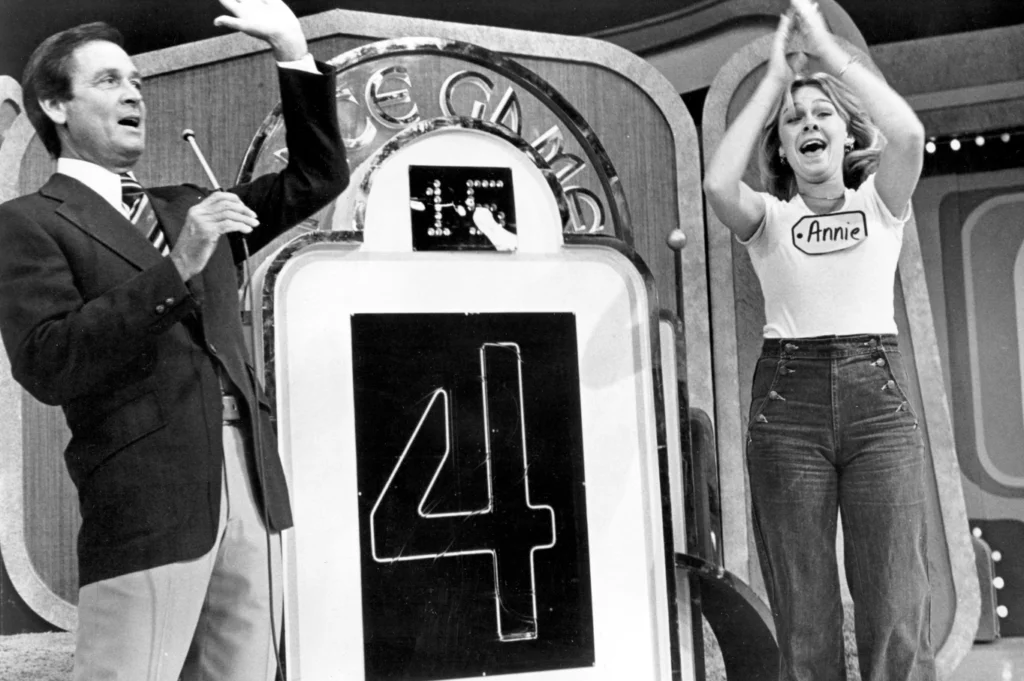
Bob Barker’s legendary game show turned grocery shopping into an art form, and suddenly every trip to the supermarket became research for your future television debut. You’d find yourself memorizing the cost of everything from dish soap to lawn mowers, convinced that your encyclopedic knowledge of retail prices would one day land you behind that iconic podium. The Showcase Showdown became the ultimate test of consumer savvy, and nothing felt better than nailing the price of a living room set while your family watched in amazement.
The beauty of “The Price Is Right” was how it elevated everyday knowledge into something special and valuable. Your mom’s grocery wisdom suddenly seemed like secret intelligence, and your dad’s hardware store expertise transformed him into a pricing prophet. When contestants got close to the actual retail price, we’d all lean forward, hearts pounding, as if we were the ones about to win that brand-new car.
2. Match Game
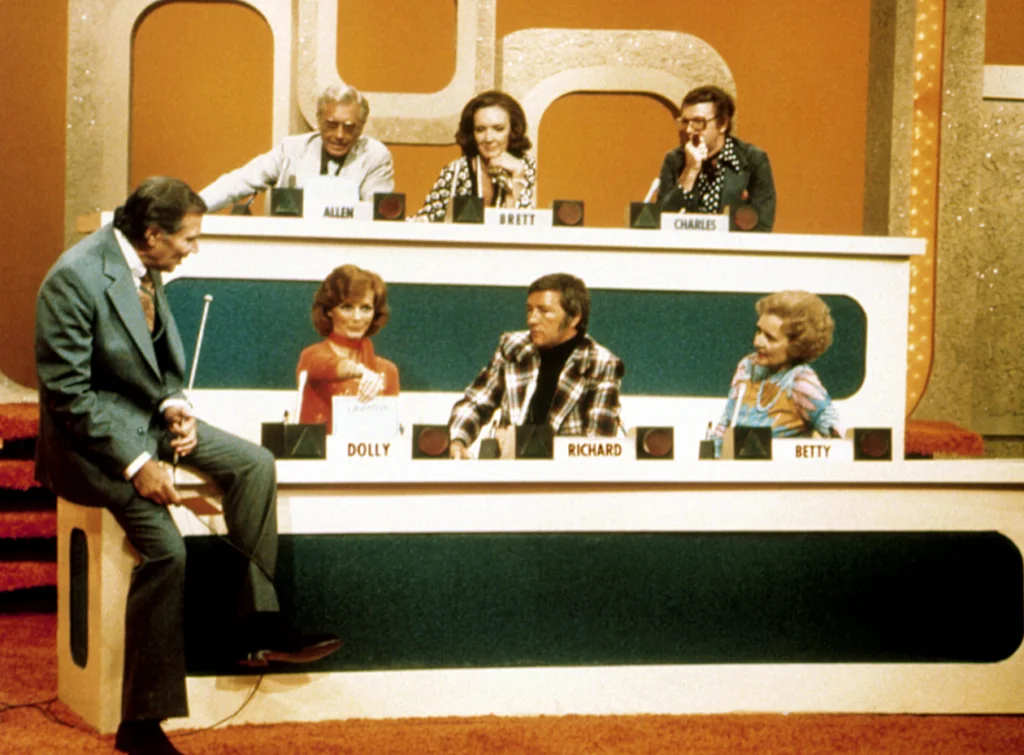
Gene Rayburn’s afternoon institution was less about right answers and more about thinking like a celebrity, which somehow made us all feel like comedic geniuses. The show’s infamous fill-in-the-blank questions often walked the line of propriety, giving us a delicious sense of being in on something slightly naughty while still being family-appropriate. Charles Nelson Reilly, Brett Somers, and the gang became our afternoon companions, and matching their answers felt like joining an exclusive club of wit and wisdom.
The real magic happened when you’d guess exactly what Nipsey Russell or Fannie Flagg was thinking, creating that perfect moment of connection across the television screen. Your family would look at you with newfound respect when you’d correctly predict that the celebrity panel would say “blanket” for “Old MacDonald had a farm, E-I-E-I blank.” These weren’t just lucky guesses—they were proof that you understood how funny people think, and that made you feel pretty darn clever yourself.
3. Password
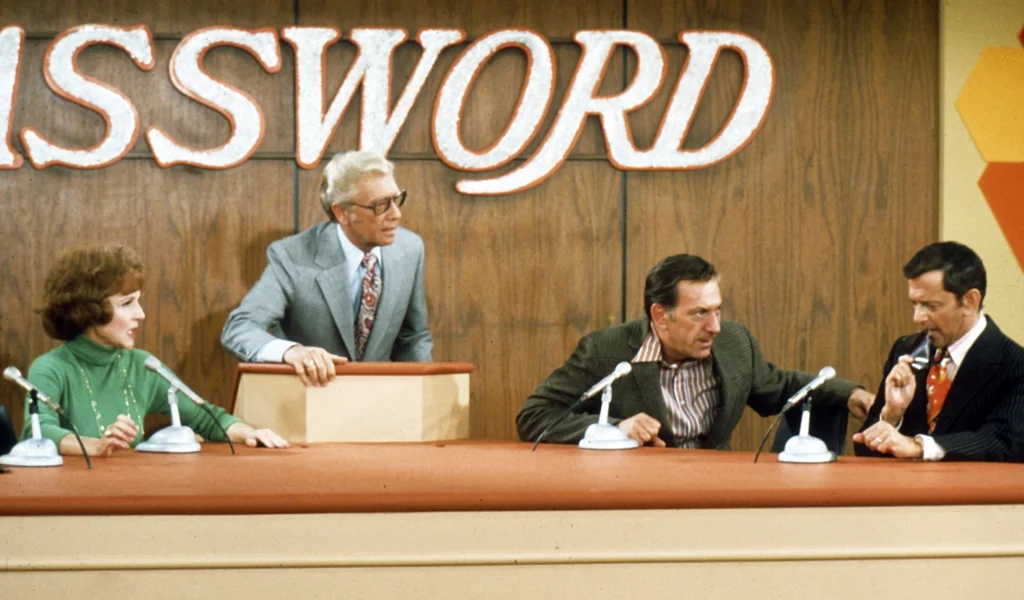
Allen Ludden’s word association masterpiece turned simple vocabulary into high-stakes drama, proving that sometimes the most obvious clues were the hardest to communicate. Watching contestants struggle to convey “butterfly” with words like “insect” and “wings” made you absolutely certain you could do better from your spot on the couch. The tension would build as partners tried to read each other’s minds, and you’d find yourself shouting the answer at the screen, convinced you had a telepathic connection with the contestants.
The show’s genius lay in its simplicity—just two people, one word, and the challenge of human communication distilled to its essence. When you’d guess the password before the contestant, it wasn’t just luck; it felt like validation of your superior word skills and mental agility. Betty White’s regular appearances added an extra layer of charm, and her quick wit made you feel like you were part of an exclusive circle of clever, wordly people.
4. Family Feud
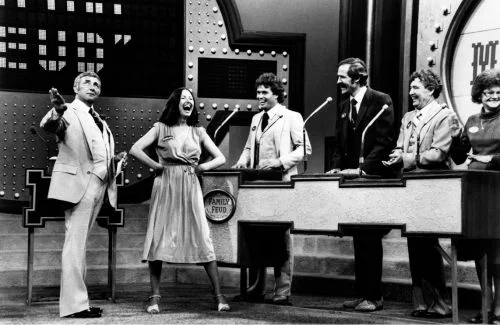
Richard Dawson’s survey-based showdown transformed random polling data into the ultimate test of knowing what “normal” people think. The show’s central premise—that 100 surveyed people held the key to victory—made every answer feel like a window into the American psyche that you uniquely understood. When families would miss obvious answers that you’d spotted immediately, you’d feel like a sociological genius who truly grasped the pulse of the nation.
The beauty of “Family Feud” was how it made ordinary knowledge feel extraordinary, turning your understanding of common responses into a superpower. You’d lean back in your chair with satisfaction when you’d correctly predict that “dog” would be the number one answer for “Name a pet,” feeling like you’d just cracked some secret code of human behavior. The show proved that sometimes being completely average in your thinking was actually the smartest strategy of all.
5. Hollywood Squares
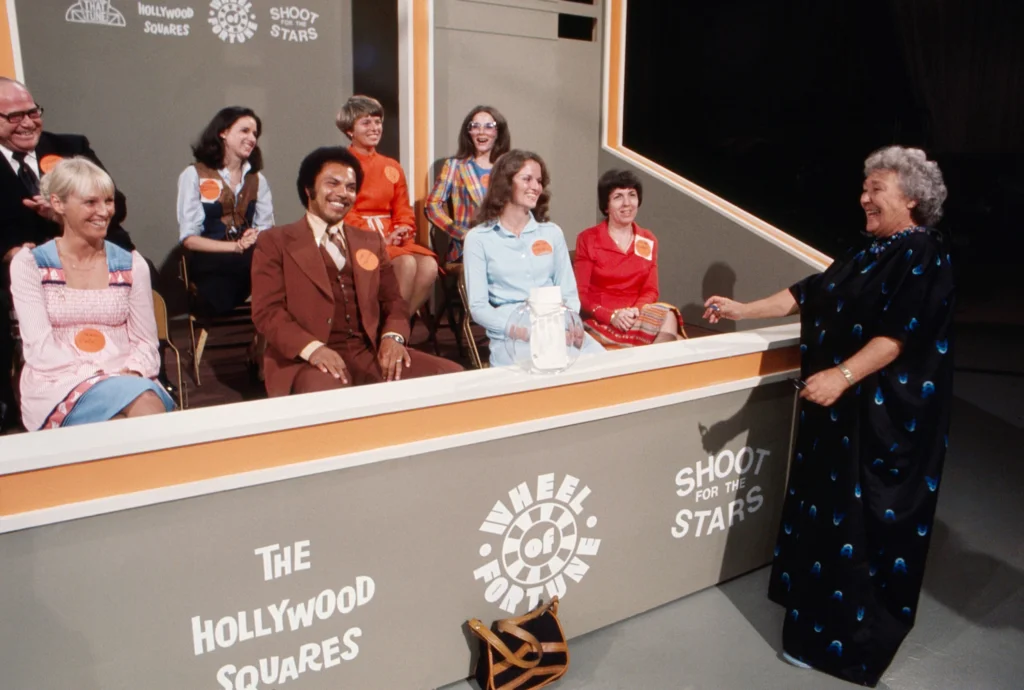
The tic-tac-toe format with celebrity panelists was like having a front-row seat to the coolest cocktail party in town, where wit and wisdom flowed as freely as the one-liners. Paul Lynde’s center square antics and the rotating cast of stars made you feel like you were part of an exclusive Hollywood insider crowd. When you’d correctly guess whether a celebrity was giving a true or false answer, it felt like you’d successfully navigated the treacherous waters of show business logic.
The show’s blend of trivia, humor, and star power created the perfect storm for feeling intellectually superior while being thoroughly entertained. You’d analyze each celebrity’s personality to predict their responses, turning psychology into a game-winning strategy. When your instincts about whether George Gobel was telling the truth paid off, you’d feel like you’d mastered both trivia and human nature in one fell swoop.
6. Jeopardy!
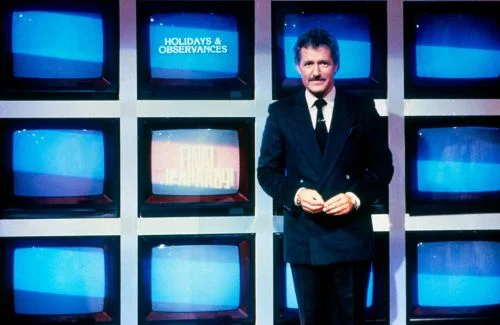
Art Fleming’s original version of the thinking person’s game show made knowledge feel like the ultimate currency, transforming random facts into potential fortune. The backwards format—answers first, questions second—seemed revolutionary and made you feel incredibly sophisticated for understanding the concept. When you’d correctly phrase your response as a question while contestants fumbled, you’d experience that rush of intellectual superiority that only true trivia mastery could provide.
The show’s academic atmosphere made every correct response feel like a scholarly achievement, elevating your random knowledge collection into something professorial. Those moments when you’d nail a difficult category like “Potpourri” or “Before and After” while the contestants struggled made you feel like you deserved your own podium. The mental gymnastics required to think in “Jeopardy!” format became second nature, proving your brain was nimble enough for television-level competition.
7. The $25,000 Pyramid
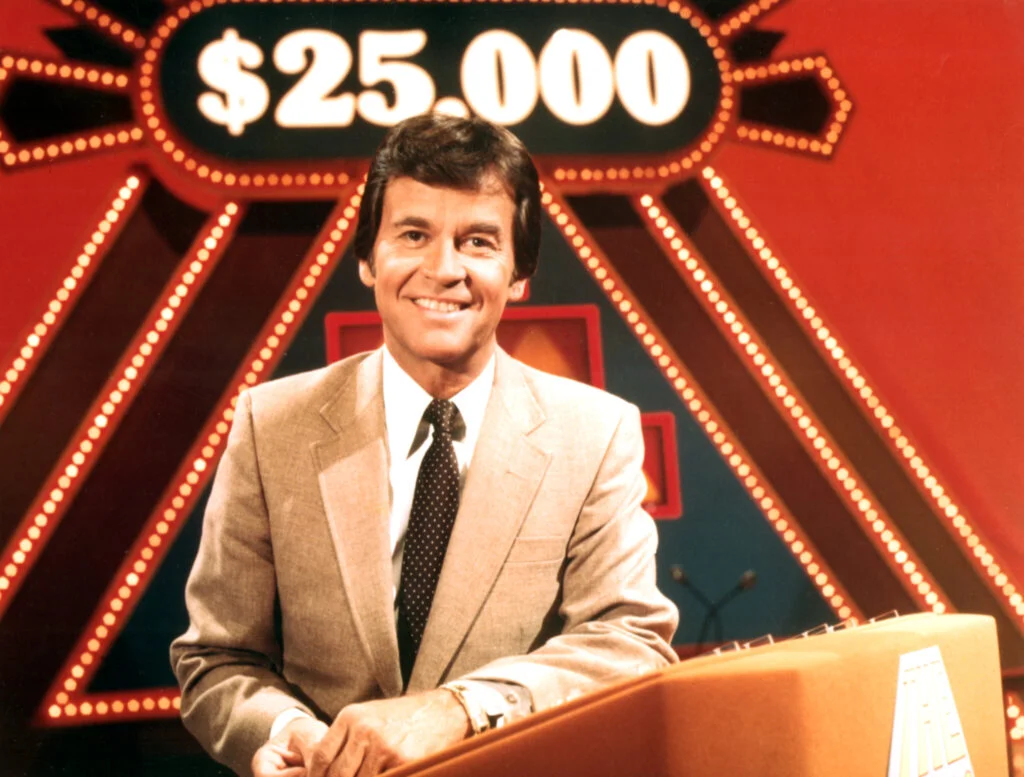
Dick Clark’s word association pyramid transformed simple descriptions into high-pressure communication challenges that made you feel like a master of language and logic. The frantic pace of trying to get your partner to say specific words created an atmosphere where every successful guess felt like a minor miracle of human connection. When you’d figure out the category before the contestants—whether it was “Things That Are Red” or “Things You Find in a Kitchen”—you’d feel like you’d cracked some secret code of organizational thinking.
The show’s tiered structure made every level feel like an intellectual achievement, building suspense as categories became more abstract and challenging. You’d watch contestants struggle with seemingly obvious connections and feel like a genius for spotting the pattern immediately. The Winners Circle, with its ultimate $25,000 prize, represented the pinnacle of word-game mastery, and correctly predicting those final answers made you feel like you belonged among the verbal elite.
8. The Newlywed Game
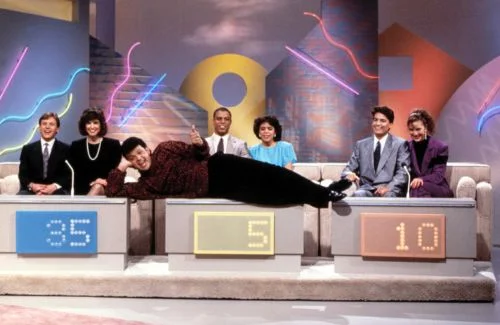
Bob Eubanks’ relationship quiz show made you feel like a relationship expert and psychology professor rolled into one, capable of predicting how married couples would respond to surprisingly personal questions. The show’s sometimes risqué questions, delivered with wholesome television charm, gave you a delicious sense of being worldly and sophisticated. When you’d correctly predict that a husband would give a completely different answer than his wife about their most romantic evening, you’d feel like you truly understood the mysteries of matrimony.
The real satisfaction came from those moments when you’d accurately forecast marital discord or harmony based on subtle cues and body language. Your ability to read between the lines of seemingly innocent questions made you feel like a relationship counselor with supernatural insight. The show proved that understanding human nature was just as valuable as knowing facts, and your success at predicting couple dynamics made you feel like a true student of the human heart.
9. Let’s Make a Deal
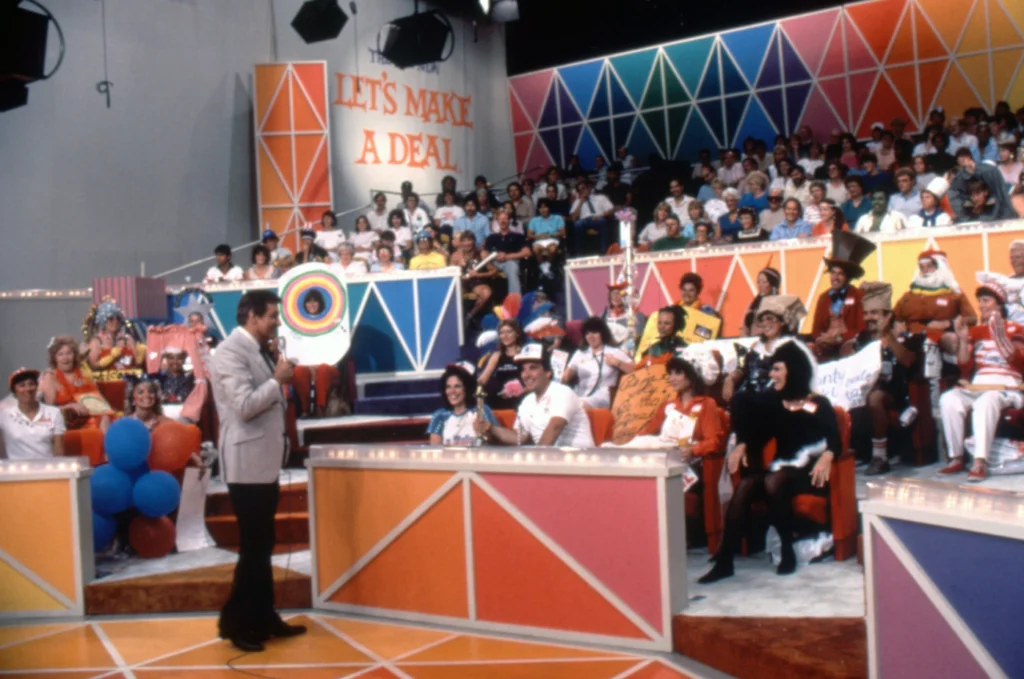
Monty Hall’s costumed carnival of commerce turned probability theory into pure entertainment, making you feel like a master of mathematical strategy from your living room vantage point. The psychological warfare of choosing between the certain prize and the mystery behind Door Number Three became your personal laboratory for decision-making prowess. When contestants would make choices you knew were wrong, you’d feel like a brilliant strategist who understood both math and human psychology.
The show’s blend of costume party atmosphere and high-stakes gambling created a unique environment where your analytical thinking could shine. You’d calculate odds, analyze Monty’s facial expressions, and feel like a combination of mathematician and mind reader. Those moments when you’d correctly predict that the zonk was behind the door the contestant chose, while the car was behind the one they rejected, made you feel like you’d mastered the art of probability and human nature simultaneously.
10. Name That Tune
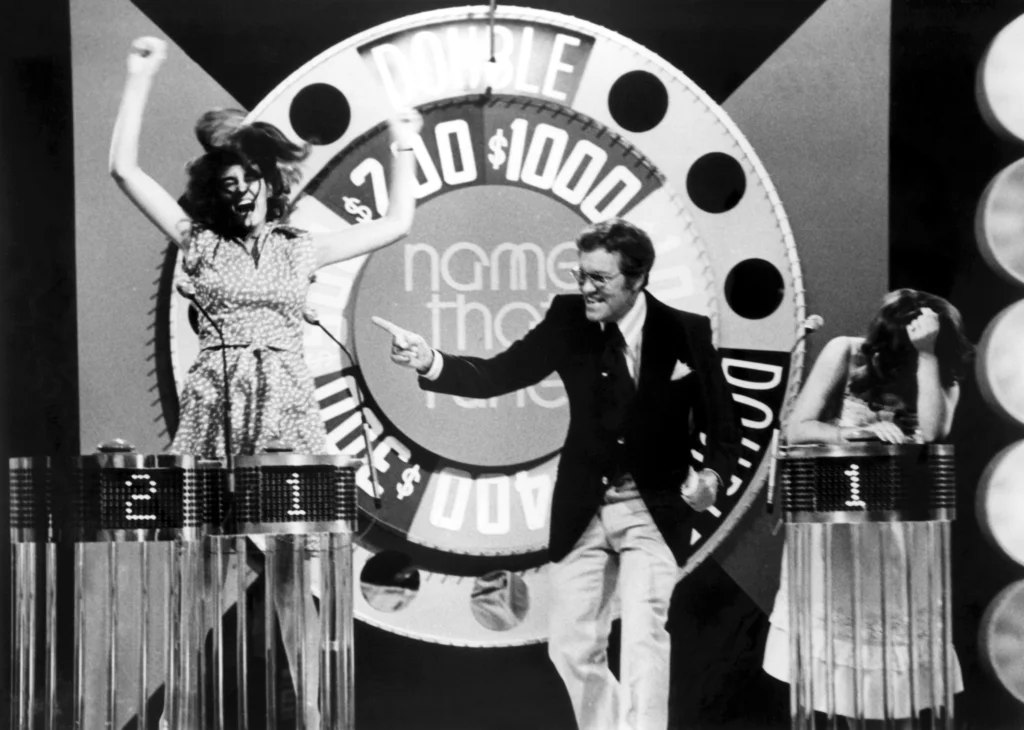
The musical identification challenge turned your record collection knowledge into a competitive advantage, making you feel like a walking encyclopedia of popular music. The show’s format—from humming the tune to naming it in as few notes as possible—transformed your casual music listening into serious intellectual preparation. When you’d identify a song in two notes while the contestants needed seven, you’d feel like your musical ear was finely tuned to perfection.
The competition between contestants became a personal challenge as you’d race to beat them to the answer, turning your living room into a musical battleground. Your ability to distinguish between similar-sounding songs or identify obscure B-sides made you feel like a true music scholar. The show validated that your hours spent listening to the radio weren’t just entertainment—they were training for intellectual supremacy in the world of popular culture.
11. Concentration
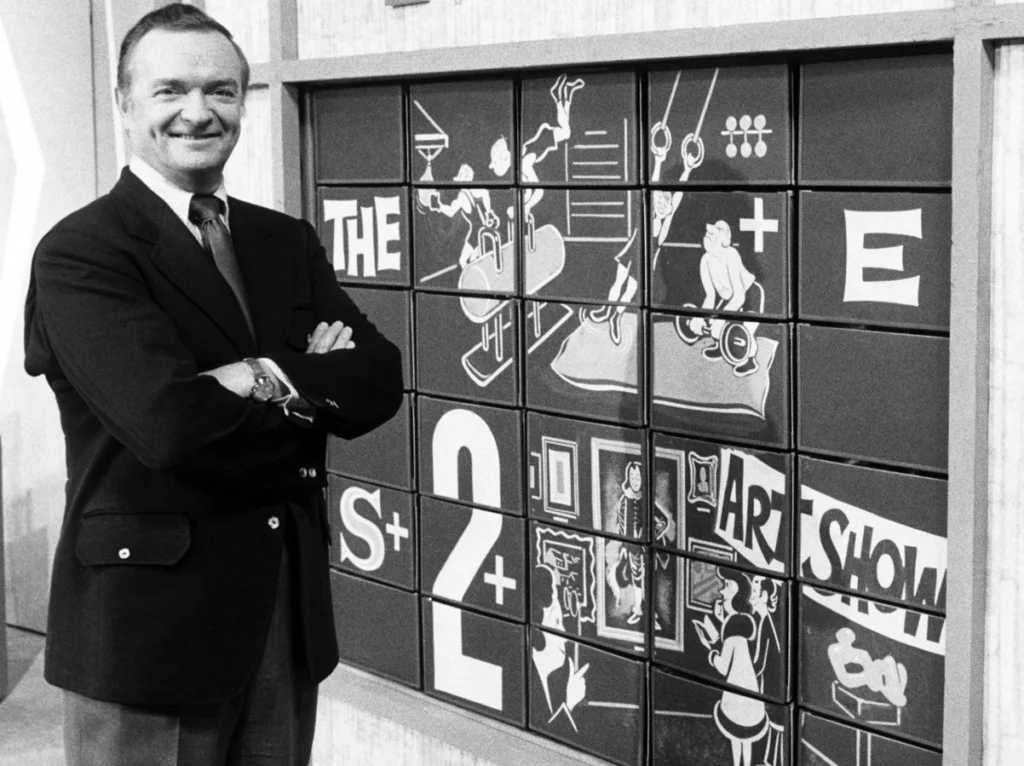
The memory-based puzzle game that combined rebus puzzles with strategic tile-flipping made you feel like a master detective solving mysteries through pure mental agility. The show’s requirement to remember prize locations while simultaneously solving word puzzles created a perfect storm for demonstrating your superior cognitive abilities. When you’d solve the rebus before the contestants even cleared half the board, you’d feel like your brain was operating on a higher level than mere mortals.
The dual challenge of memory and wordplay made every victory feel like a triumph of intellectual versatility. You’d track prize positions in your head while working on phrases like “A STITCH IN TIME SAVES NINE,” feeling like a mental athlete in peak condition. The satisfaction of solving both elements of the game while contestants struggled with just one made you feel like you possessed a rare combination of memory, logic, and creative thinking.
12. The Dating Game
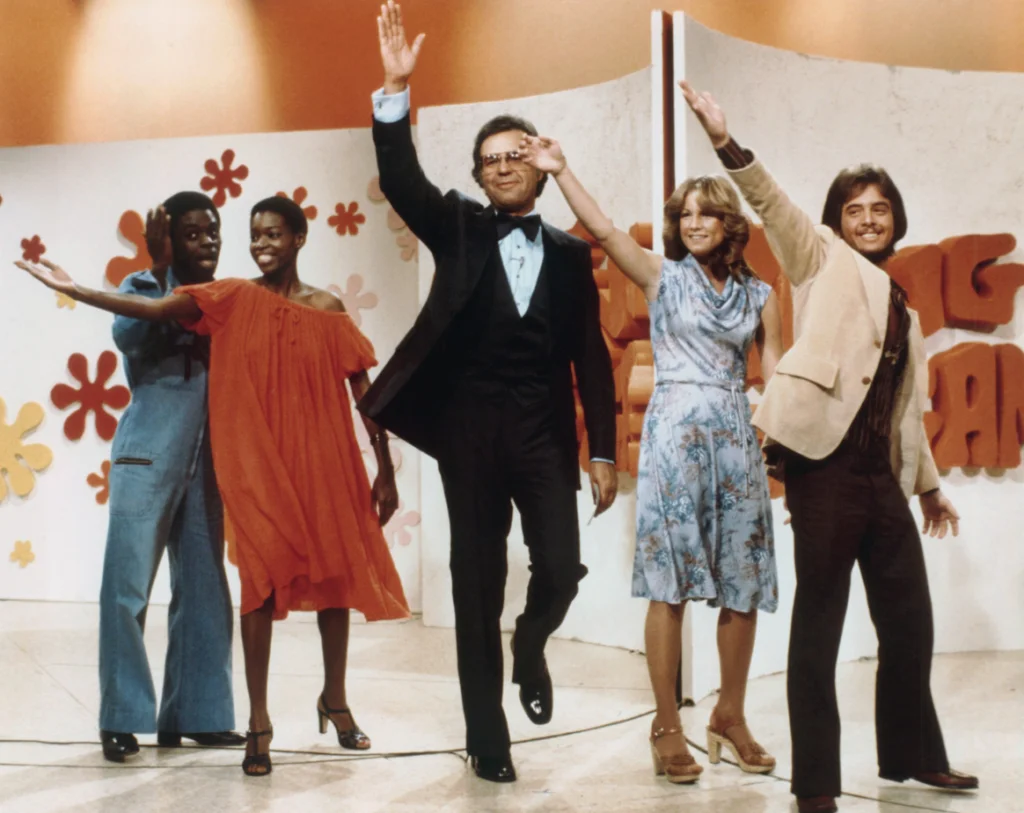
Chuck Barris’s bachelor selection show made you feel like a master of human psychology, capable of determining personality and compatibility through carefully crafted questions and revealing answers. The show’s premise—choosing a date based solely on conversation—turned every interaction into a fascinating study of chemistry and communication. When you’d correctly predict which bachelor the bachelorette would choose, or when you’d spot the obvious mismatch that she somehow missed, you’d feel like a relationship expert with supernatural insight.
The often hilarious and sometimes cringe-worthy responses from contestants made you feel like you truly understood what made people tick in matters of the heart. You’d analyze voice inflections, laugh patterns, and answer styles, feeling like a detective of human attraction. The show’s reveal moment, when the chosen couple met face-to-face, often validated your predictions about compatibility, proving that your understanding of human nature was finely calibrated and remarkably accurate.
Those afternoon hours spent with our favorite game show hosts created more than just entertainment—they built our confidence, sharpened our minds, and made us feel like the smartest people in any room. These shows didn’t just fill time between school and dinner; they filled us with the wonderful feeling that our knowledge, instincts, and quick thinking were valuable and impressive. In an era before the internet put all information at our fingertips, these daily brain workouts made us feel like walking encyclopedias, relationship experts, and trivia champions all rolled into one.
This story How These ’70s Game Shows Made Us Feel Like The Smartest People In The House was first published on Takes Me Back.


